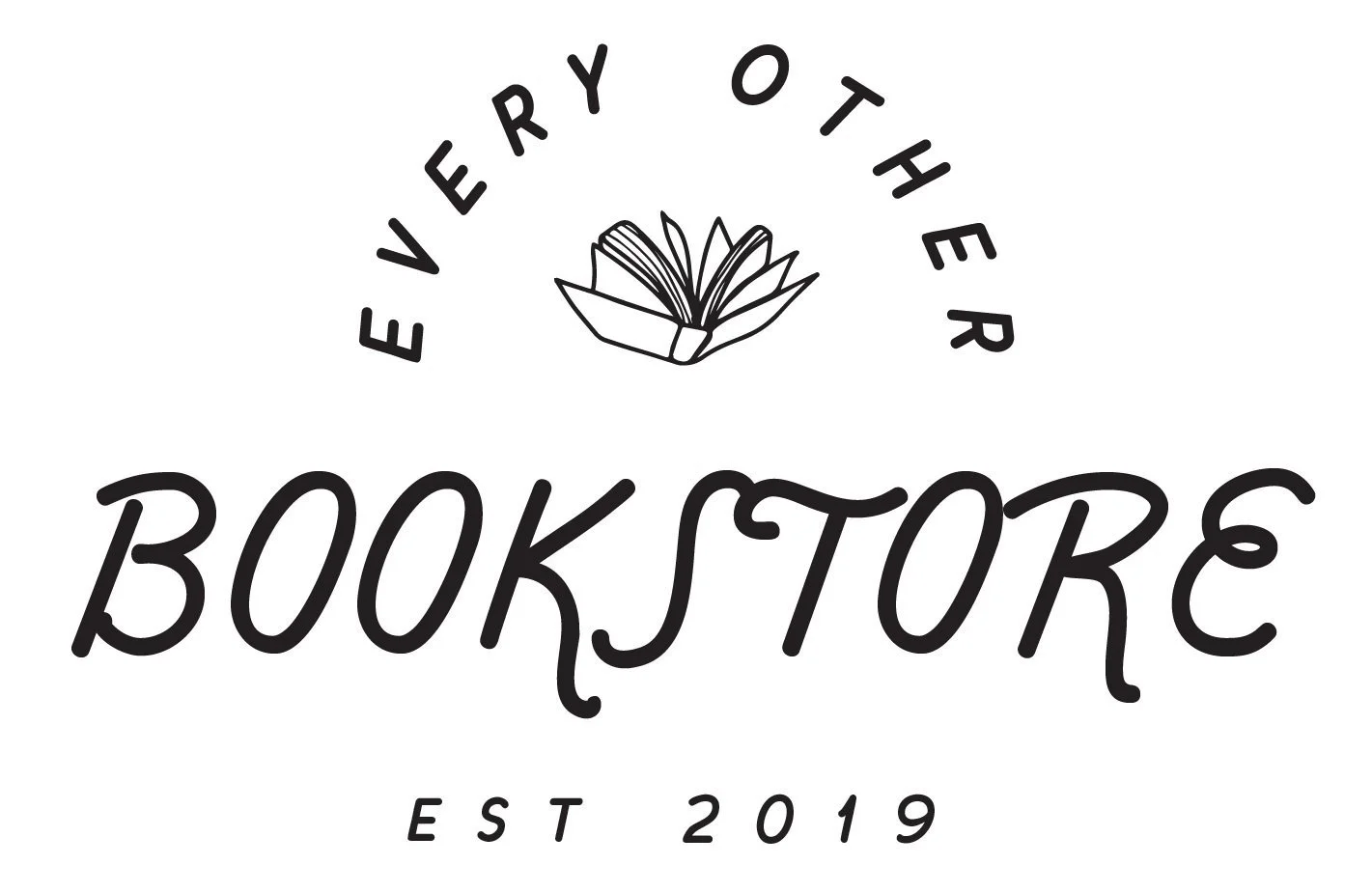Poetry and the Novel
It is a difficult task to write about poetry and the novel in the same piece, more difficult than it would be to address them separately. My natural tendency is to categorize the two forms by their differences but I am not sure this serves either form well. Poetry and novels are inherently connected through the meticulous use of language, unfolding a world through words. The writer contracts the world like a pupil of an eye adjusting to new light. This constriction of reality allows the novel to reflect the particular, as well as encompass themes that are larger than the immediate focus. Poetry is the condensed version of this; the density of words unfold the same reality harnessed in prose. I do not intend to discount form entirely but I believe there are parallels between the content of poetry and novels that are equally important in defining their essence.
When considering both forms of literature, I think of the aspects of Ancient Middle Eastern and Biblical Wisdom Literature that persist in shaping the way we decipher texts. The wisdom traditions ask the reader to find the connection or the link between two (or more) ideas. Poetry’s dense and ambiguous nature lends itself to this type of intellectual excursion. Lines of poetry, dictated by form, conceal and skew as much as they reveal and illuminate. The Novel is a more revealing form; the characteristically longer piece of prose is shaped by narrative, plot, and characters, which give the story depth and recognition. Poetry and the novel are both forms of art that thrive off of interpretation: covert meanings waiting to be discovered, reflected upon, and solved by the heart of another.
Making connections between words, deciphering the form or shape of the narrative, and attempting to solve the human mysteries within a text are the satisfactory elements of reading Poetry and The Novel. It is an engaging, multidimensional experience that requires a certain intellectual journey from the reader. In this, the reader develops a relationship, a critical bond with the text and hence it becomes increasingly self-reflexive for the reader- as if when we peel off layers of meaning there is a mirror waiting beneath. This type of recognition places us in the world and reminds us of our connection to others.
Poetry and The Novel are both constructions of the mind; they use the same tools to carve and erect our inner lives onto the page: words. The particular form can influence the effect of a piece, whether that effect is sound, resonance, or beauty. While meaning can fluctuate with form, the encasing is still less important than its contents: whatever is real, true to the human experience is the life force of the work. Poetry and novels are the imaginative extension of language beyond its conventional limits. By engaging our critical faculties and our hearts, they take us beyond the limits of our own perspectives.
